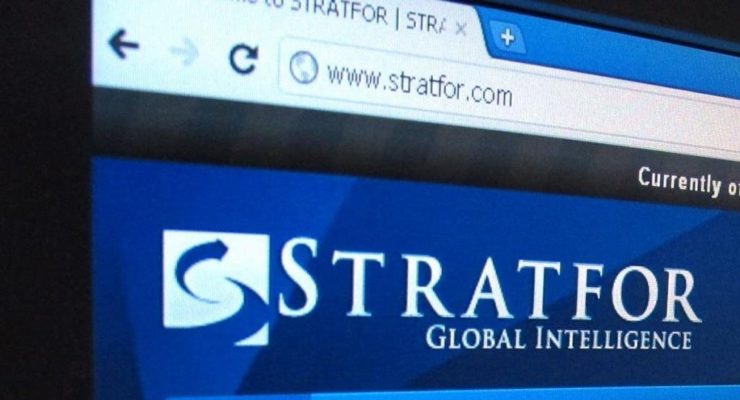
On September 8, 2023, Stratfor issued an article in which a group of authors forecasts a dismal future for the Association of Southeast Asian Nations (ASEAN). It specifically states that ASEAN’s inaction on critical problems at its most recent summit will erode the value of the Association to its members and eventually push them to align themselves with China or the US, effectively ending ASEAN’s existence.
According to Stratfor, the ASEAN conference failed to achieve real progress on matters critical to ASEAN as a whole. This “failure” is allegedly so serious that the Association’s member states are forced to seek new allies. The American think tank attributes it to the crisis in Myanmar and ASEAN and China’s creation of a code of conduct for parties in the South China Sea (SCS).
The Association is clearly concerned about the deadly civil war raging in Myanmar, one of the ASEAN members. Nevertheless, it remains the internal matter of Myanmar, and more than just ASEAN is involved in finding a swift solution to the crisis. Just consider the numerous interactions between American and European officials and quasi-officials and representatives of the anti-government movements in Myanmar. The negotiations between ASEAN and China over the South China Sea Code of Conduct, which would govern activity in the disputed waterway, are not easy. The states directly involved in territorial conflicts appear to remain unable to put aside deep-seated divisions. Some actions by Beijing officials are also counterproductive to progress. At the same time, a sober view of the problem will reveal that both unresolved territorial disputes between the immediate ASEAN members and intrusive “offers of help” from the West, which promise to help the region’s small countries assert their rights in the face of “authoritarian China,” are obstacles to its resolution.
As you can see, the topics highlighted are definitely crucial to ASEAN and impede the peaceful and prosperous growth of the Association’s member countries. However, there is not even the slightest justification to categorize them as critically crucial for the Association, such as those whose choice will determine whether ‘the Group of Ten’ will continue to exist in their current form.
The Indo-Pacific policy of the US and its European, Asian, and Pacific allies poses the greatest threat to ASEAN’s continued existence as a strong, prominent organization that provides a strategic counterbalance to security concerns in the region. Isn’t it the ASEAN, with an extensive system of multilateral formats such as East Asia Summits (EAS) and ADMM-plus, that initiated the creation of the Quadrilateral Security Dialogue involving the US, India, Australia, and Japan (QUAD) in its region, or is it ‘the Group of Ten’ that launched a multi-billion dollar project to arm Australia on a large scale, including with nuclear submarines, and does the Association have anything to do with the operation of foreign military bases in the formal member states in the Philippines, Singapore, and Brunei?
The genuine challenges to ASEAN’s unity, credibility, and effectiveness are presented hypocritically in the Stratfor dossier in question as the results of the purported weaknesses of the organization. It is the US, not the other way around, that weakens ASEAN by pushing military-political cooperation on countries like Vietnam, the Philippines, Singapore, and Indonesia either directly or through its satellites.
The most crucial challenge for ASEAN in the near future is the acknowledgment and implementation of the Association’s place and role in the area, both in words and in the form of decisive action. In this regard, a neutral observer should applaud Indonesia’s initiative to host the first-ever ASEAN naval exercise in history, rather than criticizing Jakarta for choosing a specific location for the exercise and its schedule, which were allegedly altered under the influence of Beijing, as Stratfor analysts speculate in their article.
As the Indonesian leader stated, ASEAN “community’s strength is being challenged by one crisis after another,” and increased geopolitical rivalry “could lead to open conflict that our region will be forced to face.”
In this increasingly perilous atmosphere, the Association faces a difficult task in upholding its essential principles of agreement, neutrality, and non-interference in each other’s internal matters on its own. To maintain its independence, integrity, and ability as a key component of the region’s cooperation and defense structure, being under pressure from “well-wishers” from across the ocean, And, contrary to the poor ratings that Stratfor “awarded” to Laos, the incoming ASEAN Chair in 2024, and the think tank’s purposefully pessimistic forecasts, the Association has enough potential to overcome its major challenges without someone else’s advice.
Fernando Gaillardot, political observer, exclusively for the online magazine “New Eastern Outlook”.
